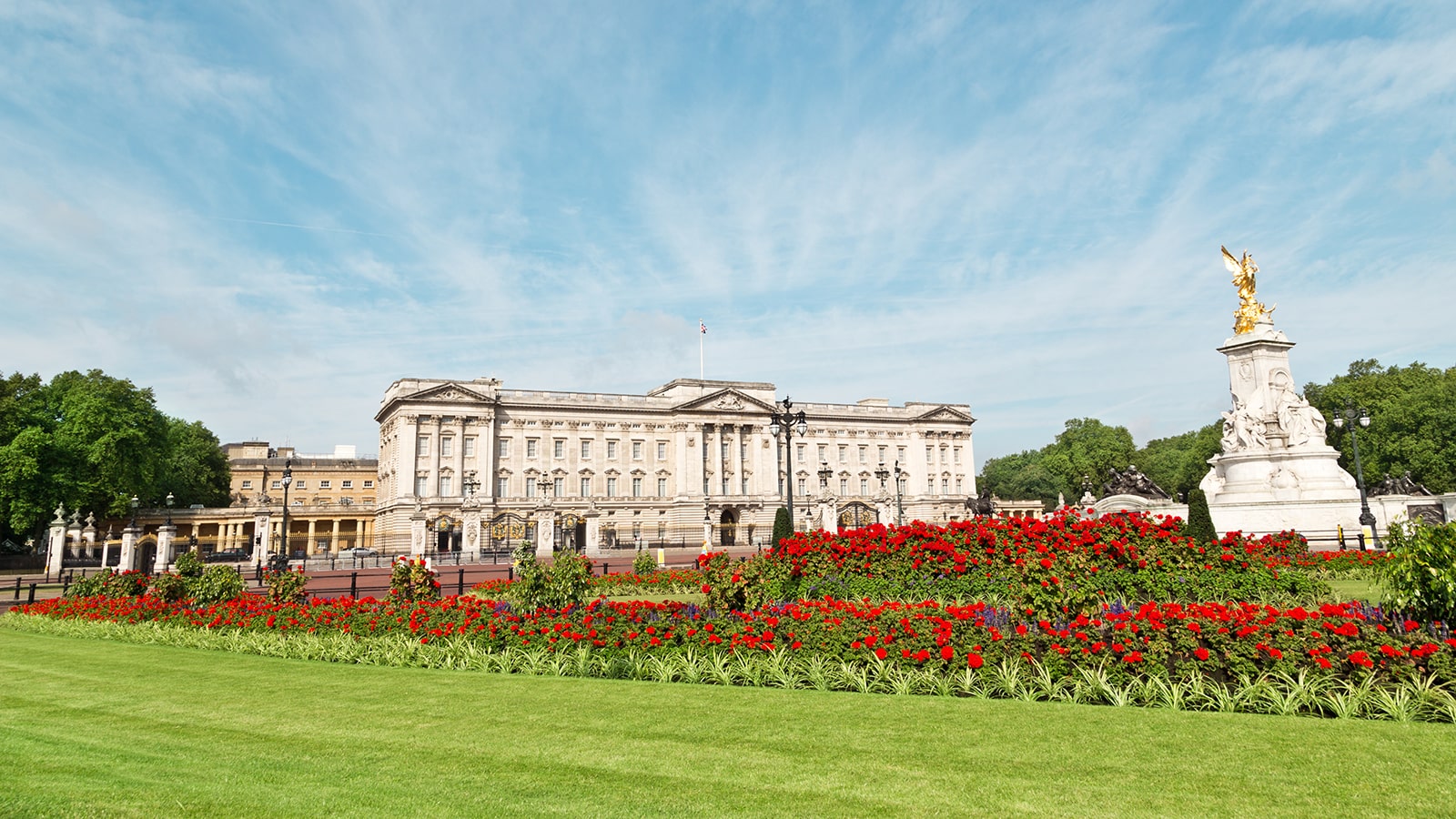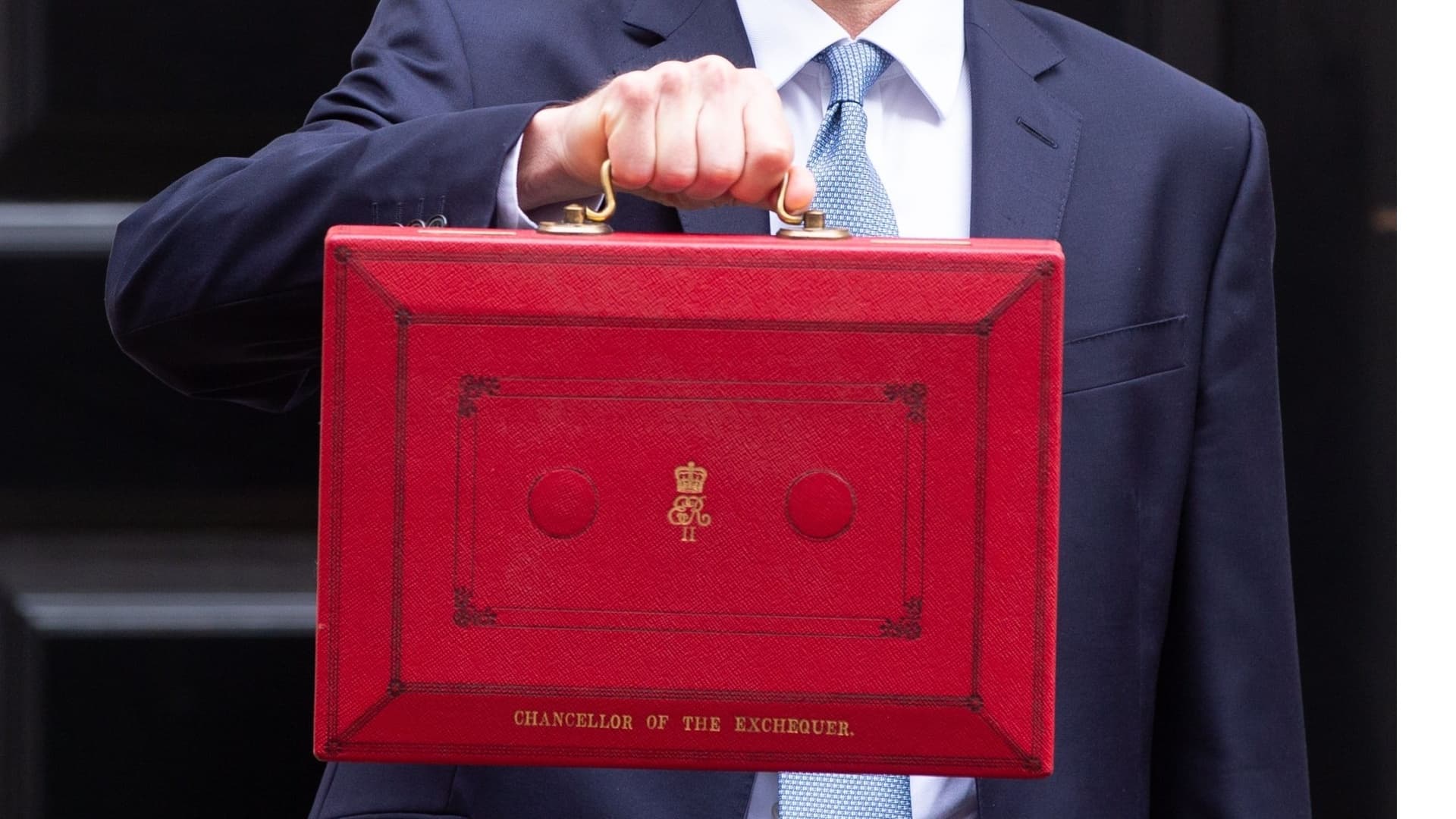- Home
- Who We Are
-
-
Who we are
Holborn Assets is a leading international financial services with over 20,000 clients worldwide and in excess of $2billion AUM
-
-
- Our Services
-
-
Our Services
Find out more about the financial services we provide to our global client base
-
-
-
- Insights
-
-
Insights
Keep up to date with all the latest news and industry insights
-
-
- Webinars
- Get in Touch







































